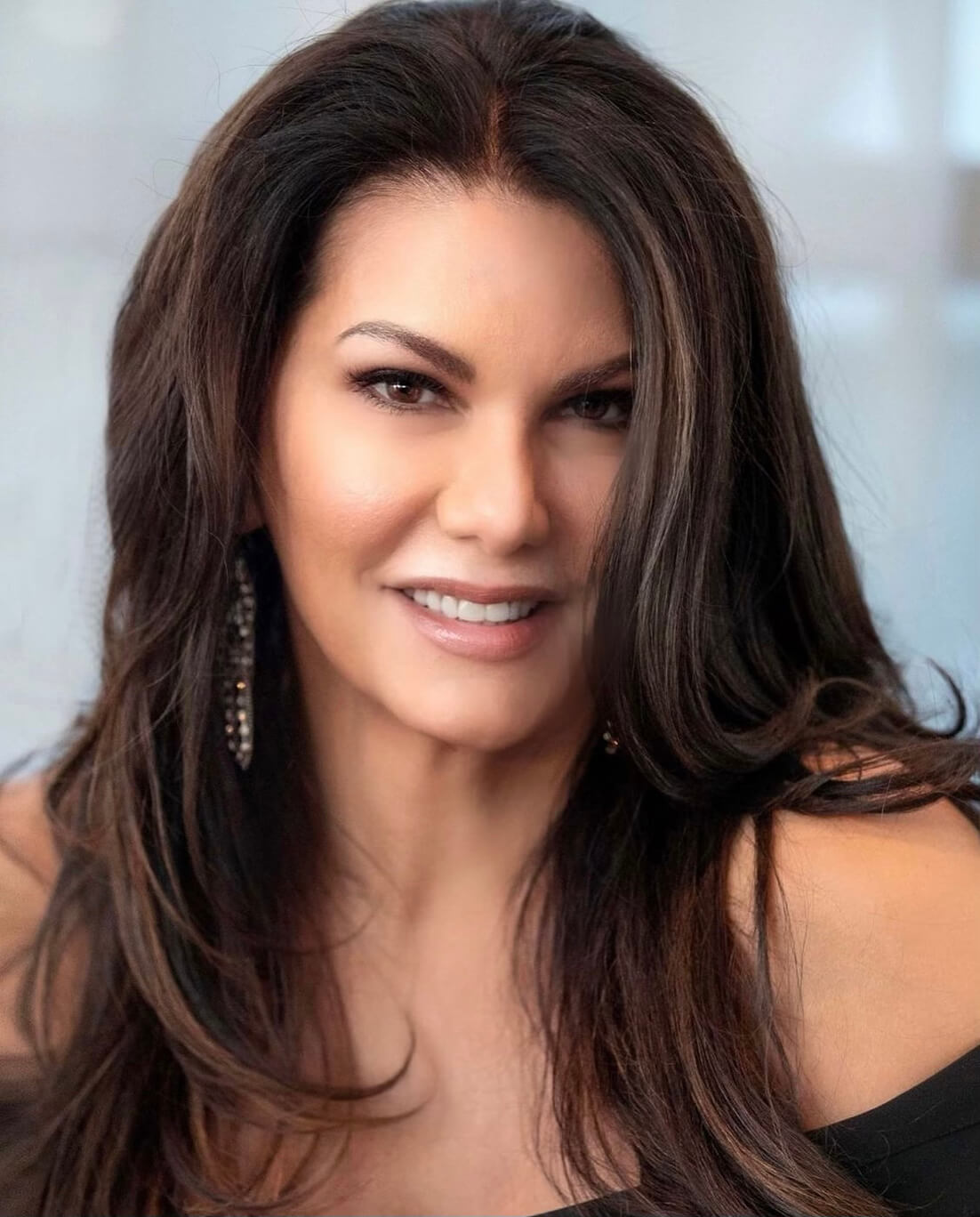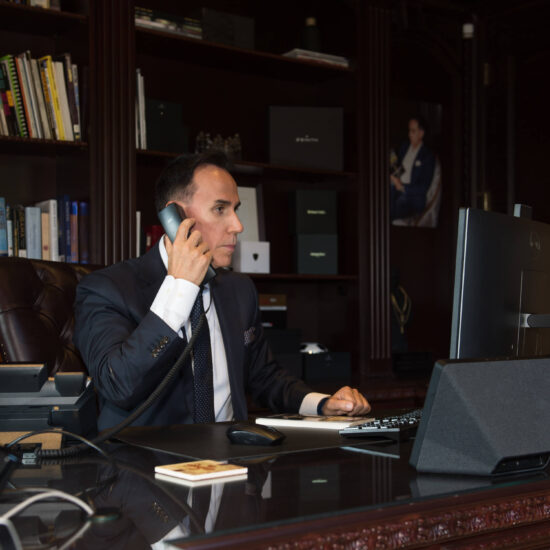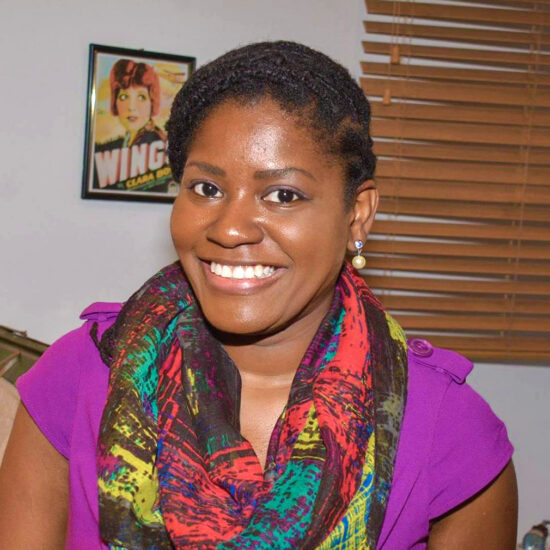It’s 11 o’clock at night, you finally get home from a long day of being famous. You decide to take a moment to relax and mindlessly scroll through Instagram. A few minutes later, you find yourself in your comment section going shade for shade with one of your trolls. It’s getting heated, but before you can start typing your next insult your phone rings. It’s your publicist calling to shut it down. You know you’re in trouble, your first thought is “wow, I’ve really made it.” Your next thought “damn, she’s good.” This was always the scenarios that played in my head when I heard the term public relations. I always imagined relentless robots putting out fires for bratty celebrities. It wasn’t until I interviewed MJ Pedone, president of Indra Public Relations, that I realized that public relations is so much deeper than that. MJ is actually very human and is not in the business of putting out fires. Instead, she’s in the business of cultivating lifelong relationships. As a woman in a male dominated industry, she actually did have to be relentless. However, her integrity was the assist to a 20 year career as a trusted storyteller for some of the most legendary athletes and entertainers. Yes, the momtrepreneur is absolutely fabulous and could easily manage the events and crisis of your famous doppelgänger, but above all that she is kind. Industry Rules sits down with MJ Pedone and steps into her alluring world of PR.
RA: Can you give me a quick PR 101 class, what is public relations?
MJ: So, Public Relations is basically managing and disseminating information from an individual or an organization to the public, in order for the public to see the company’s perception. Public Relations and publicity differ in that PR is controlled internally, and publicity is controlled and contributed by external parties. With public relations, the big thing, as a specialist, is to build and maintain a positive public image for a company or an individual. We create the media, and we build the narrative that’s going out. Wether it be through a press release, social media messages, or media alert, we shape the public’s opinion of that company, or individual, or organization, to increase the awareness of the person or brand. I always tell people we are professional storytellers.
RA: You have been in PR for 20 years. Do you feel like social media has made your job harder or easier?
MJ: In a sense, social media has made it easier because it’s an additional platform. There’s more platforms to build a voice and to get a person’s name or brand out there. But, the other side of it is with social media you constantly have to monitor, because you do get a lot of people who have easy access, and for whatever reason might not like something that is said. For example, if you’re promoting a nonprofit, they may reply too much money goes for cancer research we should focus more on Alzheimer’s disease. You constantly have to watch the engagement whether it be positive or negative. As great as social media is, it is more work.
RA: You’ve said it yourself, that your roster of clients reads like a “who’s who of professional sports.” How did athletes become Indra’s niche?
MJ: So basically, my brother went to high school with someone we were friendly with for many years. Who went on to play professional baseball for a New York local team. I always had a passion for sports given that my brother and my father were very much entrenched in sports. My sister and I also played sports. I was a gymnast and I played softball on competitive teams. With that said, I always knew I wanted to do something working with sports and philanthropy, because I recognized that a lot of professional athletes are very philanthropic the same way my parents were. So I knew from a young age that I would do something in sports. I thought I would become a sports attorney, but I knew I didn’t have the wherewithal to go through law school. So, I chose this route and hired attorneys to be on my team.
RA: What’s your favorite thing about working with athletes?
MJ: I think getting to know them on a personal level which the public doesn’t see. I really see a different side to them, outside of just what people see, like their ego or their athleticism. I’m getting to really know their background, what they did during their childhood and how that shaped their career today. What they had to go through to get to where they are. There’s a lot of admirable stories out there that haven’t been told, and I’ve been privy to those conversations. I feel blessed to work with them and to really know them for who they are as a person and not just as an athlete.
RA: It’s inspiring to see a woman absolutely killing it as an entrepreneur. How were you able to make a name for yourself in a male dominated industry?
MJ: This is a male dominated business, but it’s also an industry that’s come a long way from when I first started. Now, there are a lot more women sport commentators. There are women that are in sports marketing, are attorneys, and are publicists. I really perfected the craft. I also had a lot of great relationships with CEOs that run fortune 500 companies, that shared what it takes. One of my dearest friends and business advisors, by the name of Peter Borish, ran a multibillion dollar hedge-fund. Today, Peter is one of the founding members of Robin Hood Foundation. I am so blessed that he has made such an impact in my life, both personally and professionally, and helped me to get to where I am today. It’s really those relationships that shaped my career. That’s something a publicist is really good at: keeping people together, organizing and making sure you’re in constant communication. I’m really good at that, even in my personal life.
RA: Do you feel like you’ve had to change anything about yourself over the years to succeed in PR?
MJ: Not really. I did develop a thicker skin. I also have learned through the way I was raised, to always take the high road. In every profession, there’s competition and to not let the competition get in my way. There’s room for many people to succeed in this business. I don’t think it’s changed me, but I actually think it’s made me stronger and a better person.
RA: How has PR made you a better person?
MJ: PR is very individualized. It’s very much getting to know clients. I feel like my clients are my extended family, and it’s made me realize how important relationships are and the communication it takes to cultivate those relationships. Even in speaking with my boyfriend, my son and my closest friends just having that open communication and also keeping everybody together. It’s just bringing an additional piece and additional love into my life.
RA: How do you see the world of PR evolving in the next 10 years?
MJ: I do think we’re going to see mostly everything coming out digital. Print, unfortunately is going to dissolve because everybody is getting content through their cellphones, through their iPads and all these technical apps. So, I see a lot more streaming and I think an uptake in a lot more social media platforms.
RA: What is the most glamorous part of PR and the least glamorous part of PR
MJ: Our company has a big event division, so we get to host a lot of high profile events. It’s glamorous because you’re on the red carpet and you have these celebrities, and athletes, and so many great clients that are attending, so that’s the glamorous side of it. Then, the least glamorous side is it’s a 24/7 job. Sometimes you’re not returning emails during the day because you’re so busy, or you’re on a call trying to land a TV opportunity, or a magazine interview. You’re doing that and pitching somebody at 10 or 11 o’clock at night. Then, you also have some clients who work with global clients, and there’s a time difference; so you’re on a phone call with China at midnight. That’s the side that is challenging and not so glamorous, but when you’re working in this industry you have to know that this is the business and this is what we’re good at.
RA: Working these crazy hours, have you been able to find a good work life balance?
MJ: That’s something I struggle with. Going back to Peter Borish, we’ve talked through some challenges, and this is always a big challenge because again, when you’re working with the media or you’re trying to meet deadlines, you do what you have to do. I do on the weekends try and limit the amount of times I’m checking emails or taking phone calls. I’m also starting to learn to put a few off days in my calendar throughout the year. I have a very confident team that’s fantastic, so I’m learning to delegate a little bit more, instead of thinking I have to do everything. So, I’m learning, getting better at it, but it’s a process for me.
RA: What advice would you give a young woman who wants to start her own business but is scared to do so?
MJ: To learn as much as she can about being an entrepreneur and about starting her business. To really learn what it takes and the tools that you need. The biggest thing is it’s okay to fail because every time you fail you are learning. The first year you may fail, but you just have to keep going. I know for me I had a solid business plan and I also trusted my mentors and that really helped me.



